Journalists seldom get to the top in politics. They find it hard to trot out the dreary virtue-signalling that political communication often requires. Chris Mullin, I suspect, finds it almost impossible. He was a Bennite, but the Bennites quickly discovered he was unreliable. The Blairites might have welcomed him had they not suspected, rightly, that he would get the line wrong sooner rather than later.
The only journalist to have made the top job in politics is Boris Johnson, and he crashed and burned. My friend Denis MacShane, who has ability and charm, also crashed and burned on his way up. Michael Gove, once near the top, has been over-shadowed by less able and much less charming people. Another journalist friend, Sally Keeble, had government jobs in the Blair years but never the big one her abilities merited, and in her retirement she has published a surprisingly good novel called She, You, I.
Mullin is still best known as the journalist whose work led to the release of the six men wrongly imprisoned for the Birmingham pub bombings of 1974. But he also became MP for Sunderland South in 1987, and held junior ministerial posts under Blair, as well as chairing the Home Affairs Select Committee. He retired from parliament in 2010, and that is when this latest collection of his diaries begins.
So this time there is less insider political gossip than before, but the political one-liners are still entertaining. In June 2016 we find him writing: ‘Much talk from leading Brexiters of taking back our country, but I notice that many of those deploying this line of argument already seem to own more than their fair share of it.’ The 2015 general election is ‘like a Moroccan souk, full of dodgy salesmen offering unbelievable bargains’. When it transpires that the wife of the then chancellor Rishi Sunak is a non-dom who stands to avoid tax on an inheritance that may be worth millions, and Sunak himself has a US Green Card, Mullin writes: ‘Rather looks as though the golden couple just stopped over in the UK to govern us for a few years en route to California.’ And, hearing that a man released from an Alabama jail because ballistic tests showed he was innocent, having spent 28 years on death row mostly in solitary confinement, said ‘There is a Lord’, Mullin drily observes: ‘In his position, I would have drawn the opposite conclusion.’
There are a few revelations for the cognoscenti to wonder at. Mullin voted Liberal Democrat in 2015, because where he votes only the Liberal Democrats stood a chance of defeating the Conservatives. He voted for Yvette Cooper, not Jeremy Corbyn, in the Labour leadership election which followed, ‘but I am not advertising the fact’. Attractively, he does not hide any of his errors and human frailties. A lesser diarist might have edited out the phrase ‘Chuka Umunna, almost certainly our next leader’. There’s a rather endearing vanity in the way he reports every kind remark anyone makes about his earlier published diaries. And he got it right sometimes. In 2015 he thought the former Director of Public Prosecutions, just elected as a Labour MP, might lead the party one day: ‘Why not? At least he has a hinterland.’
As a fellow freelance writer, I loved his run-ins with newspapers, mostly the Sunday Times and the Guardian, and wanted to cheer him on. The Sunday Times phones to commission 3,000 words from him imagining the first 100 days of a Corbyn government. Mullin doesn’t think they will print what he wants to write, so he tries them out on 700 words. They say they love it, so he writes the full piece. ‘Though I don’t mention Murdoch by name, I appointed Tom Watson Secretary of State for Culture, Media and Sport,’ he says mischievously. Three days later they say they won’t run it and pay him a ‘substantial rejection fee’. At least they didn’t try the scam of a kill fee – half the agreed sum. He manages to sell the piece to the Guardian.
I have only one complaint. At 576 very large pages, the book is far longer than the material justifies. It apparently had the attentions of two editors, both of whom I have worked with and admire, and at least one of them must have said: ‘Chris, there’s a lot of great stuff here. Can we cut some of the boring bits?’ Failing this, perhaps the publishers should have included headings, so you could skip More About My Garden and go straight to The Trouble With Gordon. This would also have helped solve the perennial problem with diaries: seeing a story through. The book tells of the doomed and futile attempt by West Midlands police to force Mullin to hand over the notes of his interview with an IRA bomber. It’s an interesting tale, but the only way I could follow it was through the index.
Got something to add? Join the discussion and comment below.
Get 10 issues for just $10
Subscribe to The Spectator Australia today for the next 10 magazine issues, plus full online access, for just $10.
You might disagree with half of it, but you’ll enjoy reading all of it. Try your first month for free, then just $2 a week for the remainder of your first year.

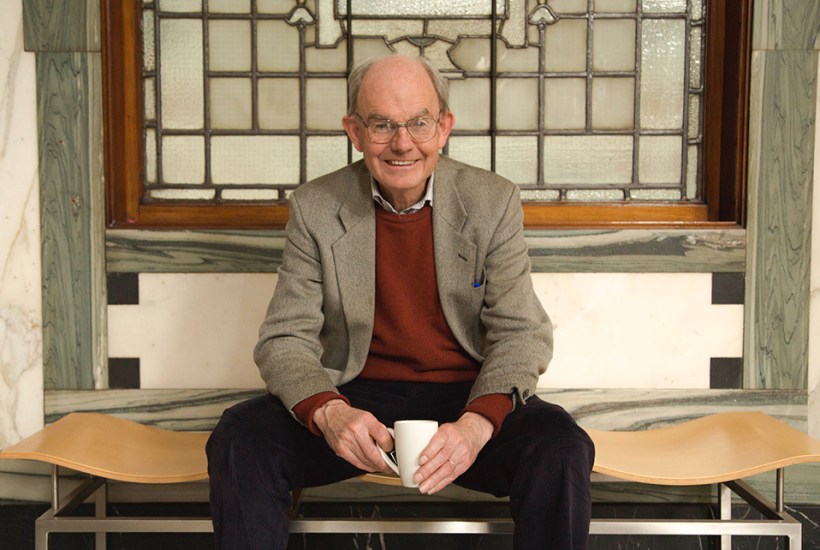


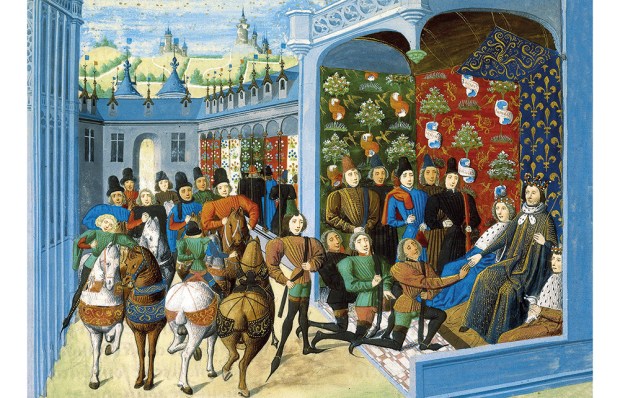
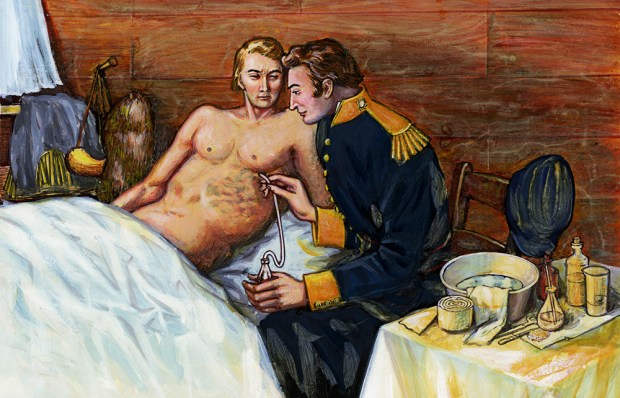
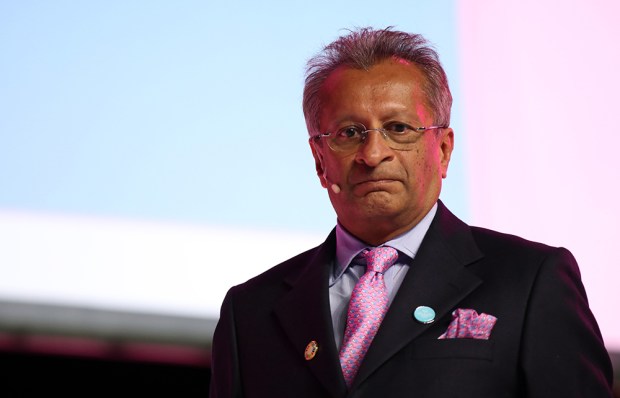
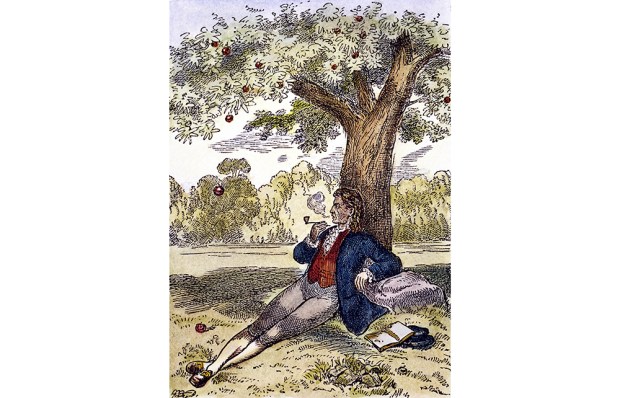






Comments
Don't miss out
Join the conversation with other Spectator Australia readers. Subscribe to leave a comment.
SUBSCRIBEAlready a subscriber? Log in